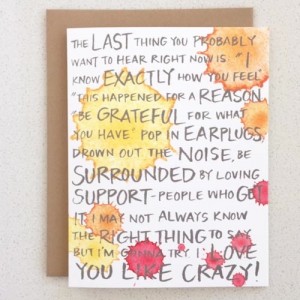Three days ago, a massive terrorist attack took place in various locations in Paris, France. About 130 were killed and roughly 350 were injured. The entire world had something to say about this, and everyone with a working Internet connection heard. Within hours of the attack, my entire Facebook and Instagram newsfeeds were flooded with pictures and comments regarding the event. My friends and acquaintances spoke of their solidarity with France; about how today (referring to the day after the attack) “we all are French”; most of them even changed their profile pictures to have a filter of the French flag so as to demonstrate their support for the French people. Even President Obama released a statement on the night of the attack where he expressed his outrage and pledged his and the American people’s alliance to the French people.
Just one day before the events in Paris took place, a massive terrorist attack was staged in Beirut, Lebanon leaving 43 dead and 250 injured. The morning of the Paris attacks, 18 were left dead and 41 were left injured after a suicide bomber blew himself up in Baghdad, Iraq. Either the world was literally left speechless as a result of these two occurrences, or the events simply were not important enough to publicize all over news and social media. It is needless to say that the latter was the case. I speak for myself as well as many others when I say that I knew absolutely nothing about these attacks, despite how horrendous they were. In fact, it was not until after the Paris incidents that I heard of the Beirut and Baghdad attacks.
So what are we seeing here? Well simply put: when a western country or western civilization is threatened, we interpret those threats as strikes towards our own values and towards ourselves; we thus raise up our voices and vow to stand in the way of any harm that may come to our culture and the people who make it up. However, when an attack falls upon the other cultures of the world, we see an attack on something that is not our own, and so we remain silent. But why? Is this because other cultures are less important or less worthy than our culture? And if so, then what makes our culture so worthy of our fight and solidarity and what is it that makes other cultures undeserving of these efforts? These terrorist attacks are but a small window into the problems of this world and the role that western supremacy has taken in the lives of the American people. Yes, I pray for Paris and mourn the victims of the Parisian attacks, but I also pray for Beirut and for Baghdad, whose victims, much like the Parisians, did not deserve such a fate.
References:

